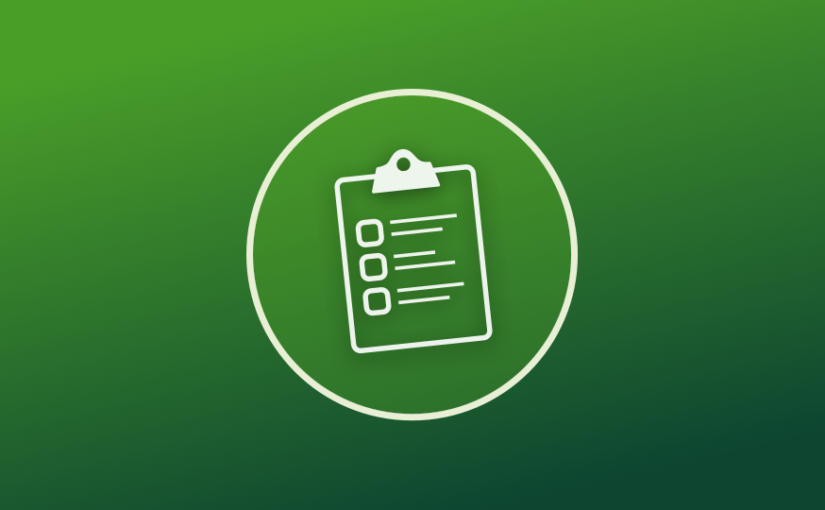Here’s a special guest post from one of the number of incredible innovators, subject matter experts, and just all-around big idea folks that we love hearing from. At Flip.to, we’re constantly looking to collaborate with people in the industry that inspire us. Get in touch and let’s do something amazing together.
Jason Winberg has in-depth know-how and the keen ability to increase hotel room revenues. Today he’s sitting in on the Flip.to blog to share a bit of that knowledge. Check out his take on finding the right tools to let independent hoteliers compete with big brands.
Again and again, studies have highlighted how properly addressing sales and marketing, reputation, social engagement and a sound revenue strategy translates into sales, while ignoring them cuts into the bottom line. Why, then, does the average independent hotel struggle to dedicate enough time, manpower and budget to these tasks?
In my past life, I wore the hat of general manager at a few boutique hotels. What that really meant was that I was the director of sales, revenue manager, front office manager and even the night auditor when called upon. It was fun, and I learned a ton, but it was a constant struggle to keep up. There were so many different things I could be doing but I just didn’t have time for it all.
My experience would have been very different at a brand name hotel. They can afford an army of staff to regularly analyze data, update stay restrictions in seconds and develop award winning sales and marketing programs.
As an independent hotelier, it can be tempting to say “I just can’t compete with the big chains.” But the fact is, they are your competitors, so you need to find ways of addressing these key issues through more limited means.
Thankfully, you don’t have to go at it alone. Every day I receive emails and calls from people with new ways to manage online reviews, analyze revenue and develop web content. The trick is finding the ones that will address your specific goals while minimizing the time needed, and producing the best return on investment.
As an independent hotelier, it can be tempting to say “I just can’t compete with the big chains.” But the fact is, they are your competitors, so you need to find ways of addressing these key issues through more limited means.
Reviews, Reputation and Social Engagement
Think online reviews are an acceptable sacrifice in your quest to optimize your time? 93% of travelers check online reviews before booking a hotel. If they can’t find a current review of your hotel, 53% will simply presume the worst and ignore you entirely.
And if the reviews are bad? 80% of people won’t buy from a hotel with bad reviews. It takes 10-12 positive reviews to offset a negative one, so it’s absolutely in your best interest to know where people are reviewing your hotel and taking positive steps to win back negative reviewers. Even if you don’t erase an unfortunately poor rating, the fact you’re engaged with reviewers wins some people over. Showing you care about your customers’ opinions matters.
Speed is of the essence. Commenting on a three month old review won’t accomplish much. It’s best to address a review within 24 hours, and that is vastly helped by software which summarizes recent reviews across multiple sites. There are several cost effective products on the market, which crawl all of your booking and review sites and let you respond with a simple click.
One more thing—don’t forget to infuse the really great ones onto your site or online experience. Make sure they’re authentic.
93% of travelers check online reviews before booking a hotel. If they can’t find a current review of your hotel, 53% will simply presume the worst and ignore you entirely.
Revenue and Analytics
Hotel pricing can be an incredibly complicated and time consuming task. The popularity of online travel agencies (OTAs) is growing steadily. 76% of travelers prefer to book an independent hotel through an OTA rather than the hotel’s website. And what’s the most common reason for this preference? Price. Your potential customers are going to OTAs, and they are finding very competitive pricing. It’s absolutely imperative you’re listing the very best deals possible.
But don’t undercut yourself! I can’t count the number of times I’ve seen a hotel’s direct website undercut by its OTA listing. You make the most money when you sell directly to the customer, so your prices should encourage them to book directly with you.
Luckily, there are tools to simplify pricing tasks. They interface with your PMS and help you look at your comp set, run pickup reports and even forecast for you. Besides saving you time, they’ll also keep you acting proactively rather than reactively, taking active control of your own pricing. In the end, you’ll see more direct business, and will own the booking and the guest—a powerful opportunity to earn a repeat guest in the future.
76% of travelers prefer to book an independent hotel through an OTA rather than the hotel’s website.
Web Content Generation
While price is important, there are additional reasons why customers shy away from hotel websites, and that includes content. Websites are marketing tools. Their content should convince potential customers that a night in your hotel will be comfortable, relaxing, stress-free and generally enjoyable. Make sure your site is providing useful, inviting information to readers.
One facet changing the face of the industry today is storytelling, and especially stories that come from your guests. Capture and use content that is authentic. It will not only hit on the points listed above, but since it’s coming from a real person it’ll carry more weight than a piece of stock imagery could do for your site.

There’s also the matter of a lack of functionality. People find them difficult to use. The sites aren’t intuitive or don’t offer the tools of the large OTAs. Don’t sell your hotel short with a skimpy website. Make bookings easy, and make sure the site’s engaging. Yes, development costs money, but so does every purchase made through an OTA.
Some days, it may feel as if you can’t possibly address all of these issues, but there really are a ton of tools and platforms on the market now that can streamline your workflow, automate processes and otherwise assist in running an independent hotel more efficiently.
First, size up what your biggest needs are. What’s the goal you’re trying to achieve? Is it more leads, more direct bookings, better content? Make sure whatever you’re buying fits the circumstances of your businesses.
Second, don’t get blinded by the bells and whistles. Always ask yourself: how does this product address my specific needs It’s always a matter of return on investment. What can save you the most time, make you the most money or best improve upon an underutilized aspect of your business? Always concentrate on what is most needed to optimize your precious time and produce the best results.
